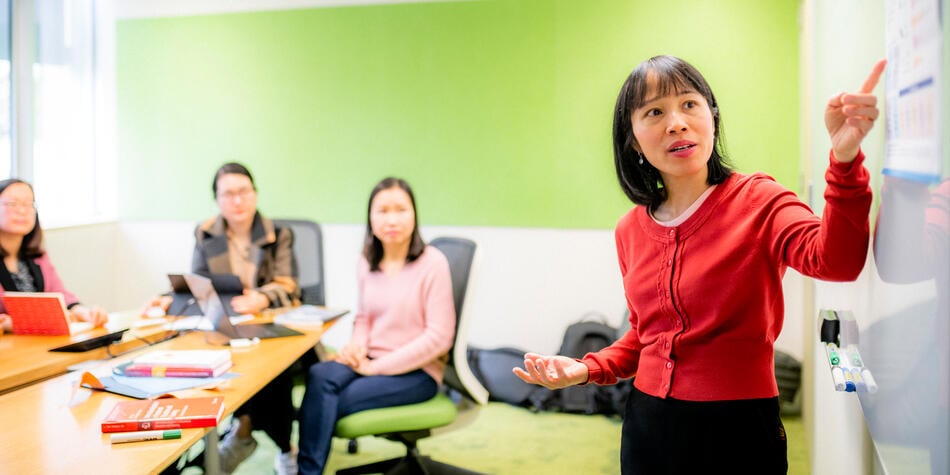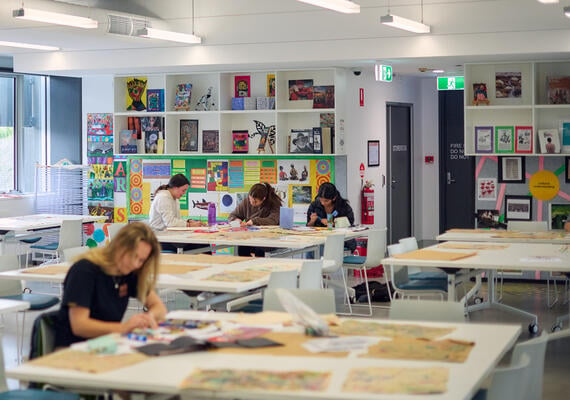
Teaching digital writing in the era of AI text generators
Australian Research Council (ARC) Discovery Early Career Research Award (DECRA) Fellow Dr Lucinda McKnight is undertaking a three-year investigation into the teaching of digital writing in secondary English. She is exploring how teachers are conceptualising writing in a time of rapid technological change, including through the introduction of AI text generators like ChatGPT.


